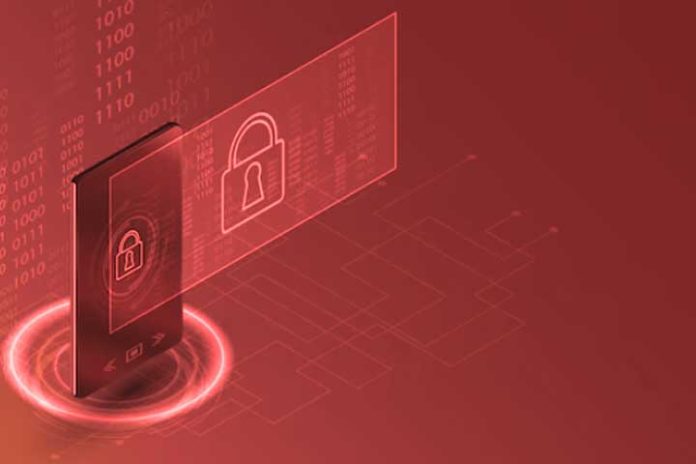In times of smartphones and tablets, apps have become indispensable as helpers in everyday life. They are often very useful. At the same time, they also turn you into transparent consumers. In this article you can read what you should pay attention to.
The word “App” stands for “Application Software”. Apps are programs for countless occasions. For example, they provide train and flight connections, show the nearest gas station within seconds, act as a messaging service, act as a shopping, household or fitness advisor. The software can be downloaded from various app stores, such as Google Play Store (Android) or Apple App Store (iOS).
Movement profiles: What data do I transmit with apps?
A downloaded app often requires access to certain services and stored data on the device – such as the address book with all contact data, e-mails or photos . For you as a user, it is not always clear for what purpose this is happening and what happens to the tapped data.
For example, an app can reveal your location and movement data if the location function of the device is switched on at the same time. In some cases, such as a navigation app or public transport information, automatic transmission of location may be necessary or practical .
Location approval is also required for Android for the COVID-19 notifications by the Corona-Warn-App. In other cases, for example with an app from the house bank, games or cookbook apps, there is often no recognizable reason for this.
The constant transmission of location data enables companies to create detailed movement profiles . From the data it can be seen,
- Where you live,
- Where and when you work,
- Where you shop,
- Where you spend your free time or stay overnight.
Extensive user profiles are created, which are professionally marketed and sold. As a result, you or your contacts can become the addressees of targeted advertising attacks .
Depending on the manufacturer, the data access of the apps on a smartphone or tablet can be at least partially controlled by not approving the authorizations at all or restricting them afterwards.
Also Read: Mobile Security: How To Equip Your Phone With Proper Protection
Free apps: pay with data instead of money
The cost of apps can vary greatly. Even if an app is downloaded free of charge, this does not mean that the service offered is free of charge. Free apps are often financed by the fact that the provider uses the personal data and evaluates the usage behavior on the respective device. The data can then be used, for example, by selling tailor-made advertising space or the sale of the data. Many are not aware of this.
Good to know: there has been a change since January 1, 2022. If you do not provide any money for a free service, but provide personal data, the provider must inform you that you are paying for the service with your personal data .
Paying with personal data is equivalent to a paid service in consumer protection. This has various consequences:
- Providers must comply with consumer-protecting information obligations.
- You must clearly state the main performance obligations and describe in detail that a service is paid for with data.
- Something else applies if the provider uses the data provided exclusively to fulfill the contract. Then consumer protection law does not apply.
Action against unauthorized invoices – 6 tips
Objection
If you find an unwanted subscription on your mobile phone bill, write to your mobile phone provider that you dispute the subscription item, so you are not paying for it and reduce the invoice amount accordingly.
Withdraw direct debit
If you pay your mobile phone bill by direct debit, you can request it back from your bank.
Prevent blocking
However, you should then transfer the undisputed amount of the bill as quickly as possible in order not to risk blocking your connection.
Use registered mail
At the same time, you must inform the subscription provider shown on the invoice in a registered mail that you do not recognize the claim and, alternatively, also revoke the contract – even if they will usually claim that they are only the intermediary.
Cancel subscription
You should also stop the subscription you have set up with the provider to avoid it appearing on the bill again in the future.
Objecting to a court
order If you receive a court order , you must object in writing within 2 weeks to the court that issued the order. In your objection, you must make it clear whether and to what extent you object to the claim. Justify your objection.
Also Read: Data Protection And Security In The Cloud


